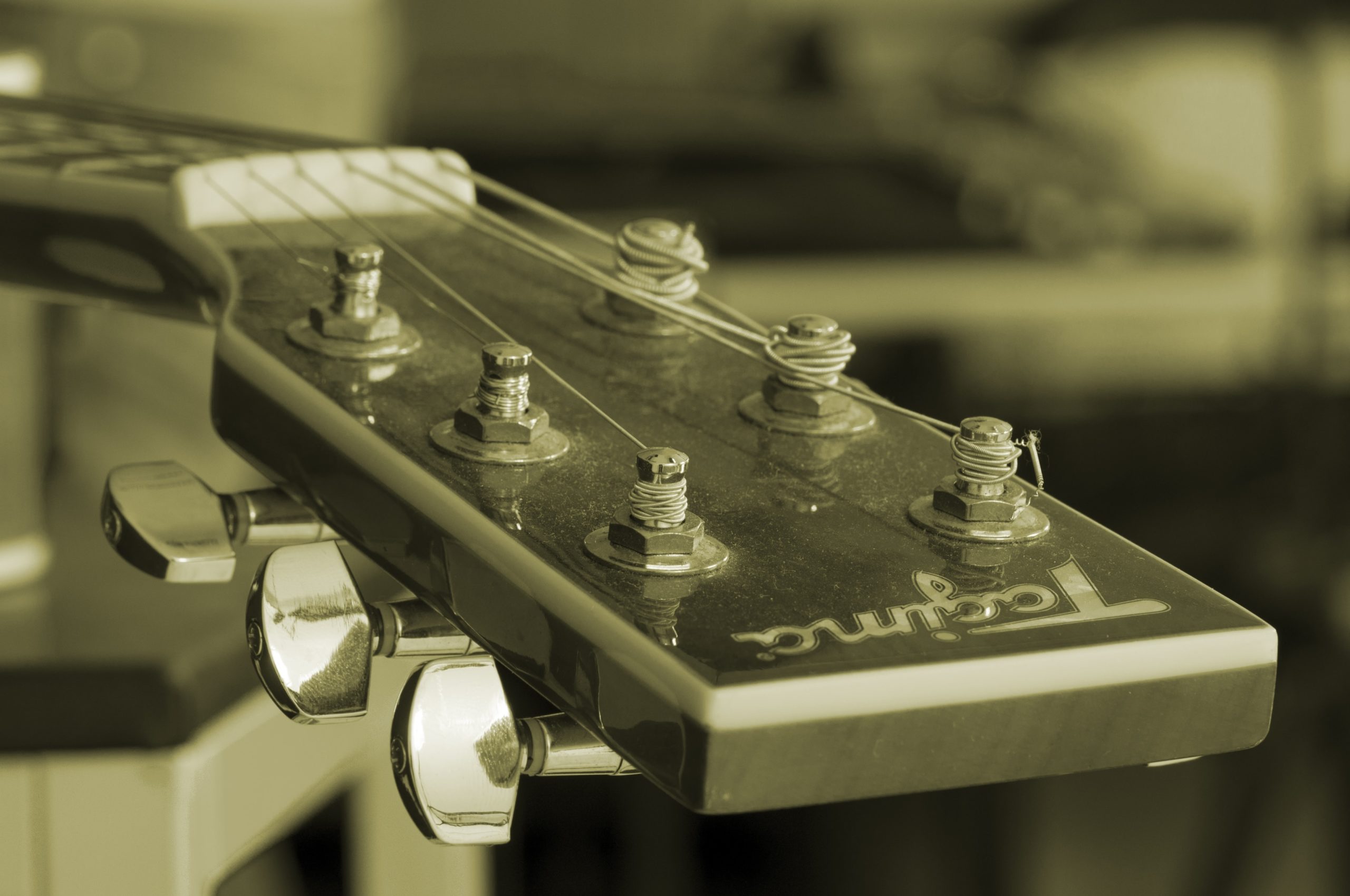
Choosing the best strings for acoustic guitars is a personal process. Just like most things guitar-related,
choosing strings for acoustic guitars depends on a variety of factors. However, we are here to help you navigate the plethora of choices and opinions. After all, what works for your guitar hero might not work for you. And chances are it won’t. But do not fret (pun intended), as this will not affect your ability to get better on the instrument. That responsibility falls squarely on you and your practice habits (or lack thereof). Let’s find out how to choose the best strings for acoustic guitars.
Steel-string vs nylon string
Nylon strings are for classical guitars. Steel strings are for, well… steel-string acoustic guitars. Sounds basic right? You won’t believe the number of people that put steel strings on a classical guitar and vice versa. It just does not work, they are not interchangeable. So please get this first point hammered into your head. Moving on…
String gauges
Just like for electric guitars, acoustic guitar strings come in different gauges. The gauge is the thickness of each string. For instance, you can play through a set of light gauge strings. Conversely, you could also use a medium or thick gauge as well. The lighter the string gauge, the easier it will be to play and bend. However, light gauge strings are also easier to break and can cause unwanted fret noise. On the other hand, thick string gauges typically produce a louder and rounder tone. They are harder to break, but they are also much harder to play. Two sides to each situation… just like most things in life.
Guitar type, hand type
A bigger guitar will typically benefit from thicker gauges. A jumbo acoustic guitar has more acoustic space to produce a louder sound, and a thicker gauge would only maximize the guitar’s potential. However, if your hands are too small or just not too strong, you will need to use a lighter string gauge. Also, heavier gauges (thicker) create more tension and put more pressure on the guitar’s neck. This might be detrimental to an older instrument. In that case, using a lighter gauge is the way to go.
String type
For steel string guitar, there is bronze, phosphor bronze, brass, polymer-coated, etc. Each of them offers variations in sound, crispness, and feel. For classical (or flamenco guitars) the nylon strings are classified according to their tension. They range from low tension to high tension. And how do you know which one to buy? Glad you asked!
Try it out
How would you know what your hands are comfortable playing with? You have to try it out. Try different string brands, gauges, and types. Playing with different string sets is by far the best way to know what works for you. Perhaps you want medium gauge strings on your affordable acoustic guitar and a heavier gauge on your high-end guitar. At the end of the day, it has to be something that you are comfortable with.
The best strings for acoustic guitars are the ones you are most comfortable with. They have to fit your instrument and more importantly, they have to fit you. Each string pack offers its own benefits, so this is a matter of personal preference as well as your particular context. The good news is that guitar strings are affordable. That way you can try out and discover which are the best strings for acoustic guitars, for you. Of course, with all that string changing, you better get yourself a really good tuner. You will surely need it.


